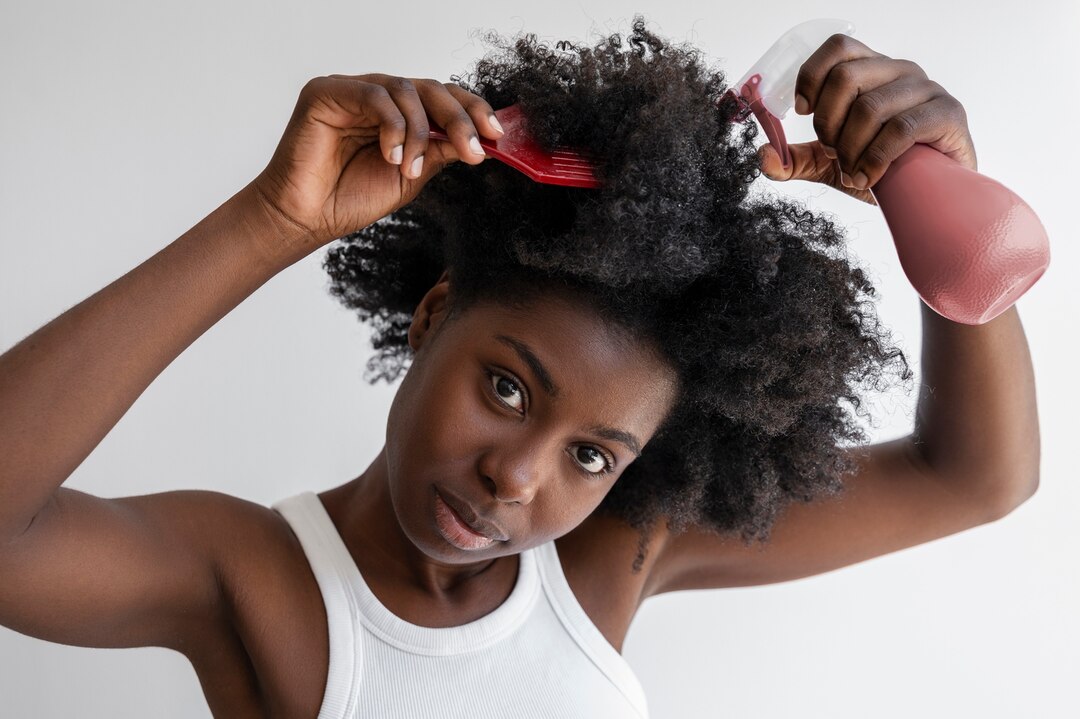Preventing hair loss is a common concern for many individuals, and while some degree of hair shedding is normal, there are several steps you can take to help maintain healthy hair and minimize excessive hair loss. Here are some tips to consider:
1. Maintain a Healthy Diet:
- Eat a balanced diet rich in vitamins, minerals, and protein, which are essential for healthy hair growth. Include foods high in iron, zinc, vitamin D, and omega-3 fatty acids, such as fish, nuts, seeds, leafy greens, and lean proteins.
2. Practice Good Hair Care Habits:
- Avoid overwashing your hair, as it can strip the scalp of its natural oils and lead to dryness and breakage. Use a gentle shampoo and conditioner suitable for your hair type, and limit the use of heat styling tools such as blow dryers, straighteners, and curling irons.
3. Be Gentle with Your Hair:
- Avoid harsh treatments and hairstyles that pull on the hair, such as tight ponytails, braids, or weaves. Be gentle when brushing or combing your hair, and use a wide-toothed comb or a soft-bristled brush to minimize breakage.
4. Manage Stress:
- Chronic stress can contribute to hair loss, so finding healthy ways to manage stress levels is essential. Practice relaxation techniques such as deep breathing, meditation, yoga, or regular exercise to help reduce stress and promote overall well-being.
5. Protect Your Hair from Damage:
- Limit exposure to harsh chemicals, pollutants, and UV radiation, which can damage the hair and scalp. Wear a hat or use a protective hair serum with SPF when spending time outdoors, and avoid excessive chlorine exposure from swimming pools.
6. Stay Hydrated:
- Drink plenty of water to keep your body and hair hydrated. Dehydration can lead to dry, brittle hair, so aim to drink at least eight glasses of water per day to maintain optimal hydration levels.
7. Avoid Smoking and Excessive Alcohol Consumption:
- Both smoking and excessive alcohol consumption can negatively impact hair health and contribute to hair loss. Quit smoking and limit alcohol intake to promote overall health and well-being, including healthy hair growth.
8. Consult a Healthcare Professional:
- If you’re experiencing significant hair loss or thinning, it’s essential to consult a healthcare professional or dermatologist for personalized advice and treatment options. They can help identify underlying causes of hair loss and recommend appropriate treatments or interventions.
By incorporating these tips into your daily routine and lifestyle, you can help promote healthy hair growth and minimize the risk of excessive hair loss. Remember that individual factors such as genetics, age, and hormonal changes can also influence hair health, so it’s essential to take a holistic approach to hair care and overall well-being.








